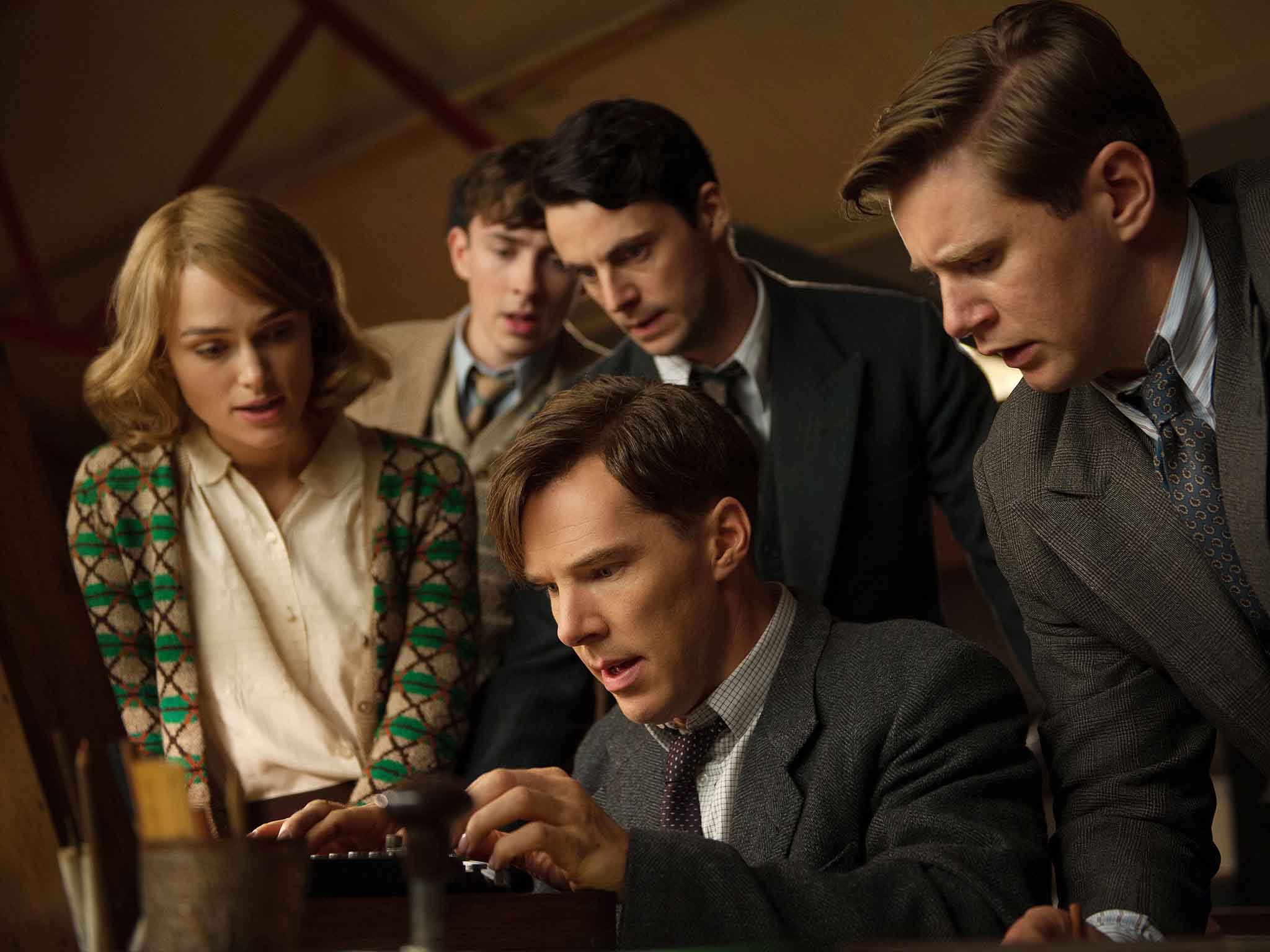The Imitation Game: Poland angry that its 'important' contribution to cracking Enigma was reduced to 'just one line'
The Oscar-nominated film focused on the efforts of mathematician Alan Turing at Bletchley Park, but failed to acknowledge the input of Polish codebreakers before World War Two broke out

Your support helps us to tell the story
From reproductive rights to climate change to Big Tech, The Independent is on the ground when the story is developing. Whether it's investigating the financials of Elon Musk's pro-Trump PAC or producing our latest documentary, 'The A Word', which shines a light on the American women fighting for reproductive rights, we know how important it is to parse out the facts from the messaging.
At such a critical moment in US history, we need reporters on the ground. Your donation allows us to keep sending journalists to speak to both sides of the story.
The Independent is trusted by Americans across the entire political spectrum. And unlike many other quality news outlets, we choose not to lock Americans out of our reporting and analysis with paywalls. We believe quality journalism should be available to everyone, paid for by those who can afford it.
Your support makes all the difference.Benedict Cumberbatch might have been Oscar nominated for his role as mathematician Alan Turing in The Imitation Game, but Poland is not best pleased that its “important contribution” to breaking the Nazi Enigma code was ignored.
The Polish government has pointed out that Polish codebreakers were instrumental in helping British allies crack the German system and save lives by cutting World War Two short.
Polish mathematicians (notably Marian Rejewski, Jerzy Rozycki and Henryk Zygalski) succeeded in breaking early Enigma codes in 1932 and passed their findings to British counterparts shortly before the war began. Poles also taught Turing how to build machines that simulated the Enigma machine.
Turing went on to create the more sophisticated computer at Bletchley Park that successfully broke the upgraded war-time code, using Polish research. Despite this, many historians and filmmakers fail to reflect Poland’s crucial role, with The Imitation Game merely glossing over it.
Maciej Pisarski, deputy chief of mission at the Polish Embassy in Washington is eager to “fill in the blanks…right this wrong and put this picture in a more complete way”.
“I am sure it is a very good movie but I don’t think it tried to tell the whole story,” she told The Telegraph. “It’s important to do justice to the people involved but to underline and underscore the strong cooperation between Britain and Poland when it came to Enigma.”
Dr Grazyna Zebrowska, science and technology advisor at the same embassy, added that although The Imitation Game focuses on Turing and the British codebreakers over a short space of time, “there was an audible sigh in Polish cinemas when [its] contribution was reduced to just one line”.
The Polish government has launched an exhibition, Enigma: Decipher Victory, to help tell its side of the story around the world.
Join our commenting forum
Join thought-provoking conversations, follow other Independent readers and see their replies
Comments